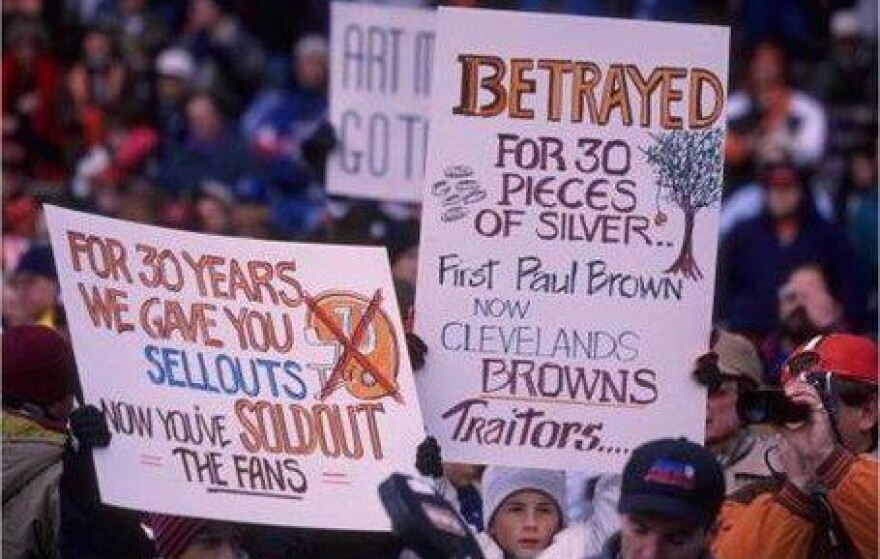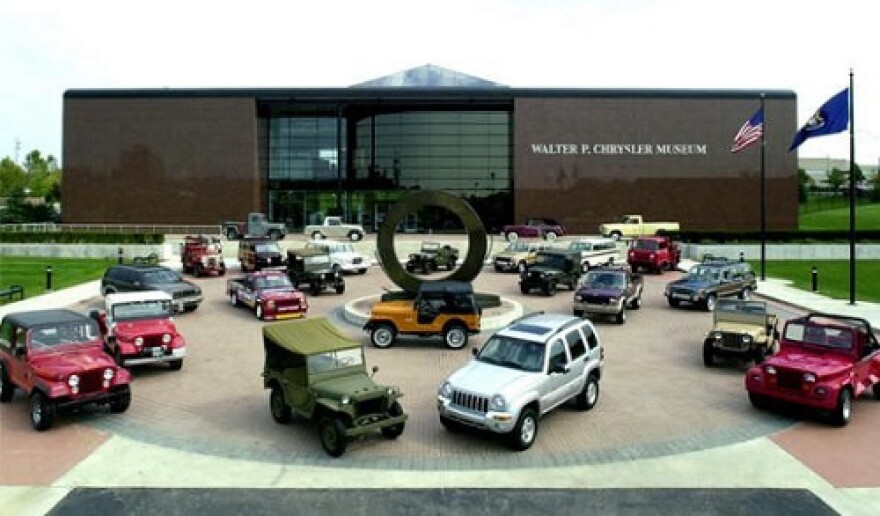- 310th Day of 2015 55 Remaining
- Winter Begins in 45 Days
- Sunrise:6:41
- Sunset:5:05
- 10 Hours 24 Minutes
- Moon Rise:2:00am
- Moon Set:2:43pm
- Phase:21% 25 days
- Next Full Moon November 25 @ 2:44pm
- This was the time to set beaver traps before the swamps froze, to ensure a supply of warm winter furs. Another interpretation suggests that the name Full Beaver Moon comes from the fact that the beavers are now actively preparing for winter. It is sometimes also referred to as the Frosty Moon.
- Tides
- High:7:25am/7:31pm
- Low:12:43am/1:42pm
- Holidays
- National Saxophone Day
- National Nachos Day
- Marooned Without A Compass Day
- Basketball Day
- Love Your Lawyer Day
- Green March Day-Morocco
- On This Day
- 1528 --- Spanish conquistador Alvar Nunez Cabeza de Vaca is shipwrecked on a low sandy island off the coast of Texas. Starving, dehydrated, and desperate, he is the first European to set foot on the soil of the future Lone Star state. Cabeza de Vaca’s unintentional journey to Texas was a disaster from the start. A series of dire accidents and Indian attacks plagued his expedition’s 300 men as they explored north Florida. The survivors then cobbled together five flimsy boats and headed to sea, where they endured vicious storms, severe shortages of food and water, and attacks from Indians wherever they put to shore. With his exploration party reduced to only 80 or 90 men, Cabeza de Vaca’s motley flotilla finally wrecked on what was probably Galveston Island just off the coast of Texas.

- 1860 --- Abraham Lincoln is elected the 16th president of the United States over a deeply divided Democratic Party, becoming the first Republican to win the presidency. Lincoln received only 40 percent of the popular vote but handily defeated the three other candidates: Southern Democrat John C. Breckinridge, Constitutional Union candidate John Bell, and Northern Democrat Stephen Douglas, a U.S. senator for Illinois.

- 1888 --- Republican Benjamin Harrison was elected president, beating incumbent Grover Cleveland in the Electoral College, even though Cleveland led in the popular vote.

- 1903 --- Philippe Bunau-Varilla, as Panama's ambassador to the United States, signed the Hay-Bunau-Varilla Treaty. The document granted rights to the United States to build and indefinitely administer the Panama Canal Zone and its defenses.

- 1913 --- Mohandas K. Gandhi was arrested as he led a march of Indian miners in South Africa.

- 1917 --- Led by Bolshevik Party leader Vladimir Lenin, leftist revolutionaries launch a nearly bloodless coup d’État against Russia’s ineffectual Provisional Government. The Bolsheviks and their allies occupied government buildings and other strategic locations in the Russian capital of Petrograd (now St. Petersburg) and within two days had formed a new government with Lenin as its head. Bolshevik Russia, later renamed the Union of Soviet Socialist Republics (USSR), was the world’s first Marxist state.

- 1961 --- In the Saraha Desert of Algeria, a natural gas well ignited when a pipe ruptured. The flames rose between 450 feet and 800 feet. The fire burned until April 28, 1962 when a team led by Red Adair used explosives to deprived the fire of oxygen. (Devil's Cigarette Lighter)
- 1962 --- The United Nations General Assembly adopts a resolution condemning South Africa’s racist apartheid policies and calling on all its members to end economic and military relations with the country. In effect from 1948 to 1993, apartheid, which comes from the Afrikaans word for “apartness,” was government-sanctioned racial segregation and political and economic discrimination against South Africa’s non-white majority. Among many injustices, blacks were forced to live in segregated areas and couldn’t enter whites-only neighborhoods unless they had a special pass. Although whites represented only a small fraction of the population, they held the vast majority of the country’s land and wealth.

- 1965 --- The Rolling Stones, Strangeloves and Fontella Bass appeared on "Shindig!"

- 1973 --- Singer Gram Parsons' manager Phil Kaufman and Michael Martin were fined for stealing Parsons' coffin from the Los Angeles International Airport. Kaufman claimed that it was Parson's wish to be cremated and burned the coffin, with Parson's body inside, at Cap Rock in California.

- 1977 --- The Toccoa Falls Dam in Georgia gives way and 39 people die in the resulting flood. Although there was a tremendous roar when the dam broke, the residents of the college had no time to evacuate. Within minutes, the entire community was slammed by a wave of water. One woman managed to hang onto a roof torn from a building and ride the wave of water for thousands of feet. Her three daughters, however, were not so fortunate: They were among the 39 people who lost their lives in the flood.

- 1983 --- U.S. Army choppers dropped hundreds of leaflets over northern and central Grenada. The leaflets urged residents to cooperate in locating any Grenadian army or Cuban resisters to the U.S-led invasion.

- 1986 --- Former Navy radioman John A. Walker Jr., was sentenced in Baltimore to life imprisonment. Walker had admitted to being the head of a family spy ring.

- 1988 --- Soviet scientist and well-known human rights activist Andrei Sakharov begins a two-week visit to the United States. During his visit, he pleaded with the American government and people to support Russian leader Mikhail Gorbachev’s policies of glasnost (political openness) and perestroika (economic reforms), and so ensure the success of a new, more democratic, and friendlier Soviet system.

- 1995 --- Art Modell, the owner of the Cleveland Browns, announced plans to move his team to Baltimore. Modell, had purchased the Browns in October 1960 for $4 million. He loved his team and the fans, he said, but Cleveland Stadium was a mess and the city, after building a new baseball stadium and a new basketball arena, didn’t seem inclined to fix it. “They took me for granted,” Modell said, “until I had to pull the trigger.”

- 1998 --- President Bill Clinton declares that part of Detroit will become an “Automobile National Heritage Area.” The designation restricted land use and drew attention to what Michigan Congressman John Dingell called “the automobile’s contribution to our history and economic strength and the role of organized labor in that history.” The area, the 18th of 40 National Heritage Areas in the U.S., has been renamed the MotorCities National Heritage Area. The Heritage region covers 10,000 square miles and is home to more than 6 million people. “Not just ‘Any Place, USA’ can be a National Heritage Area,” the National Park Service notes. “It requires a unique story that is important to the heritage of America and an act of Congress to become a National Heritage Area. It encourages residents and visitors to recognize, celebrate, and share with others that they are part of a region where great things happened and continue to happen in ways that shape and mol d America.” There are almost 1,200 auto-related sites in the region, more than any other place in the world. These include the Ford world headquarters in Dearborn, the childhood home of the groundbreaking automaker Preston Tucker, several classic-car museums, old union halls and iconic bars, and countless factories, machine shops and assembly plants for all kinds of cars and trucks.

- 2001 --- In London, the "Lest We Forget" exhibit opened at the National Memorial Arboretum. Fred Seiker was the creator of the 24 watercolors. Seiker was a prisoner of war that had been forced to build the Burma Railroad, the "railway of death," for the Japanese during World War II.

- Birthdays
- John Philip Sousa
- Adolphe Sax
- James Naismith
- Walter Johnson
- Glenn Frey
- Maria Shriver
- Lori Singer
- Ethan Hawke
- Pat Tillman
National Saxophone Day-KALW Almanac-11/6/2015


